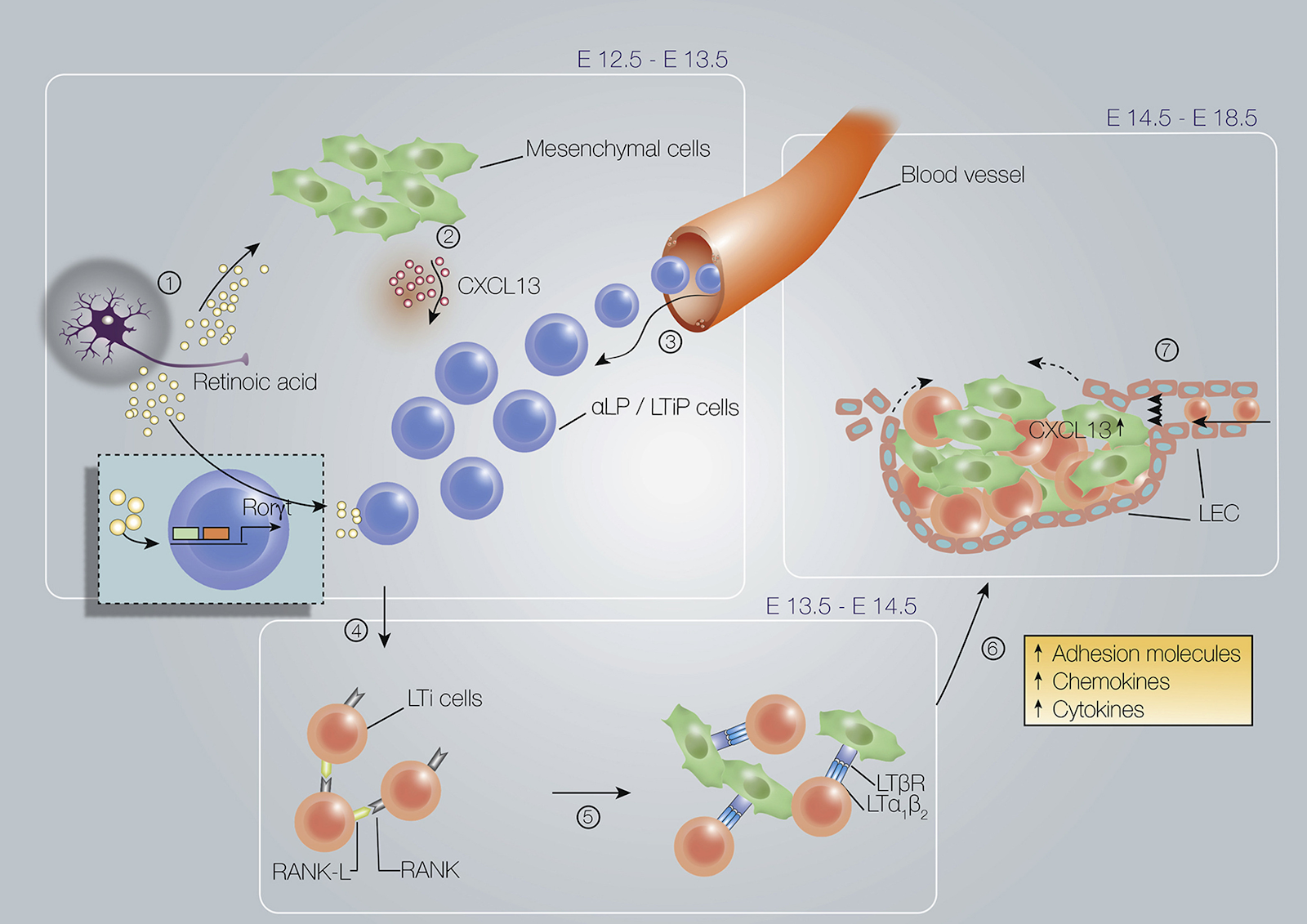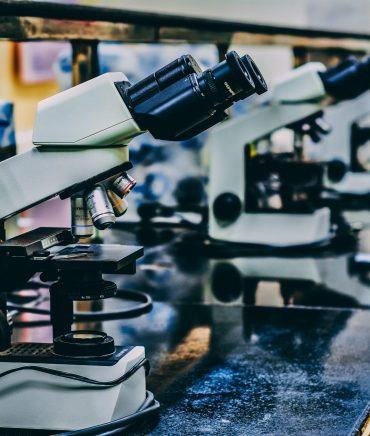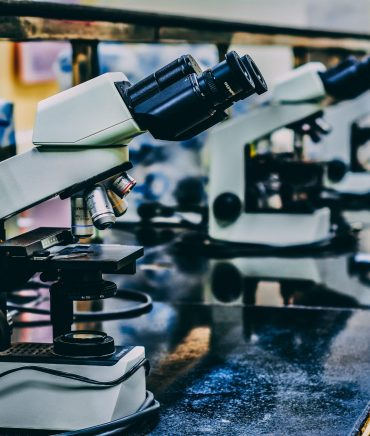Steven Leung, Michelle Sabin, Eve Cuny and David Ojcius As more vaccines are rolling out across the world, pandemic fatigue hits hard as we yearn for the life we had before COVID-19. But as vaccinations are being distributed, more and more questions arise. Are the days of the socially distanced “new normal” behind us? Can we finally remove the mask from our phone, wallet and keys repertoire? The answer is, not yet.






















